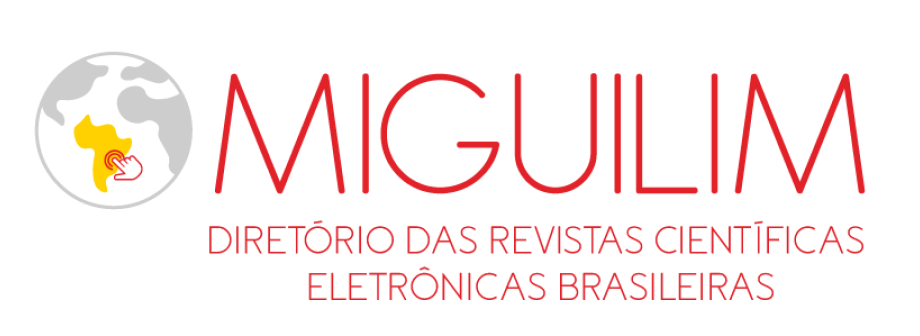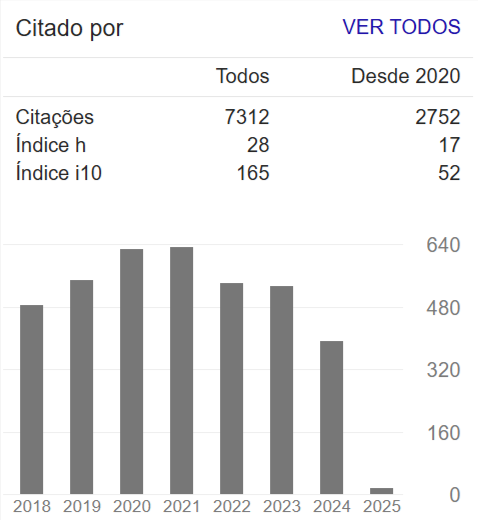Recharge in alluvial aquifer under agricultural use
Abstract
The core in the exploitation of groundwater is its renewal, which is not usually performed in the same proportion of the abstraction. This may result in an exploration of parts of the permanent reserves of the aquifer, with the risk of severe depletion, when the abstraction is not properly monitored. This study aims to estimate the groundwater recharge in the rural area of Pesqueira (PE) from 2002 to 2011. Alluvial aquifers are strategic for communal farming in the Brazilian semiarid. The methodology used was the water balance of Thornthwaite & Mather and variation of the water level. The first considers climatological and pedological elements for the analysis of the aquifer recharge, while the second method directly analyzes the change in the groundwater level in relation to the storage coefficient of water in the soil. It was found that all the years of the study period showed a deficit of moisture in the soil, in the “late dry period”. Results were similar for both methods, being both effective in estimating aquifer recharge in the region.

















